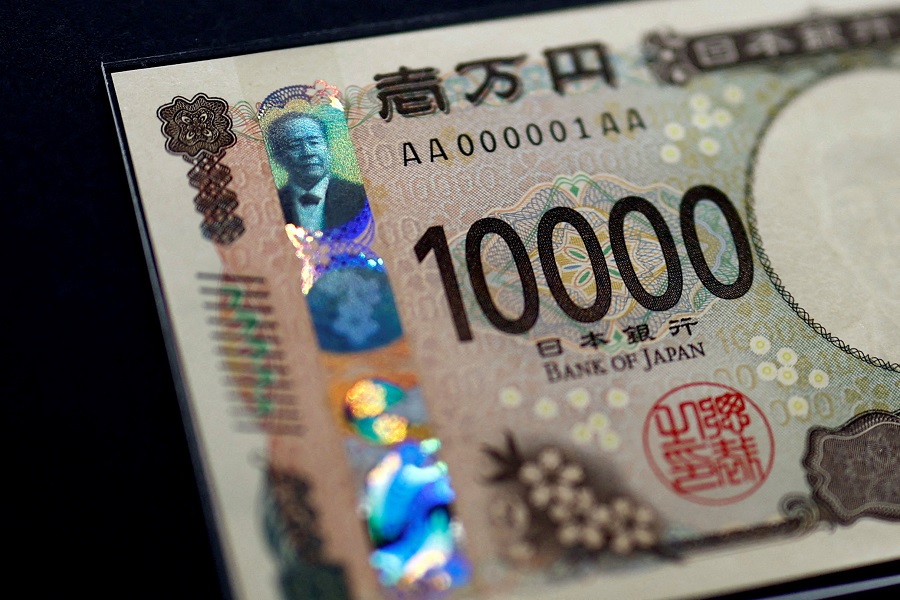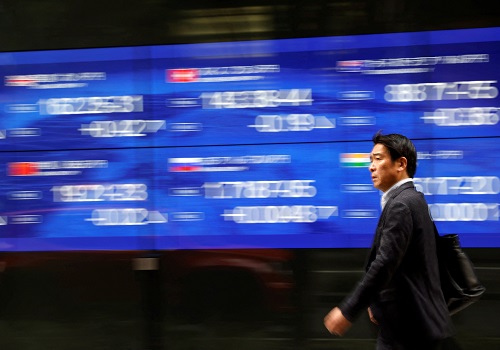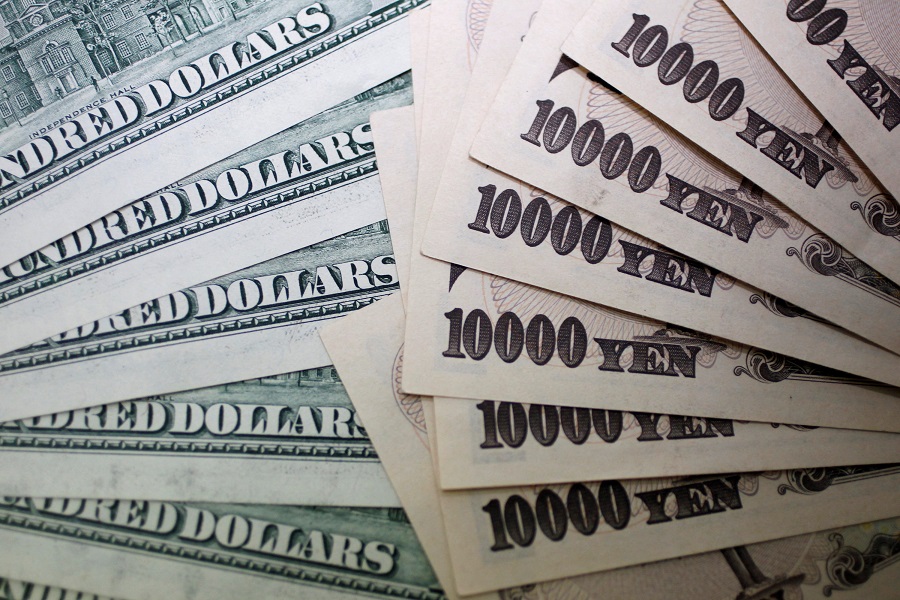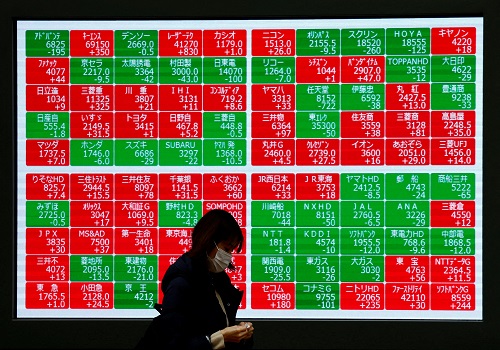US yields revisit highs, Asia stocks sag on hawkish Fed angst
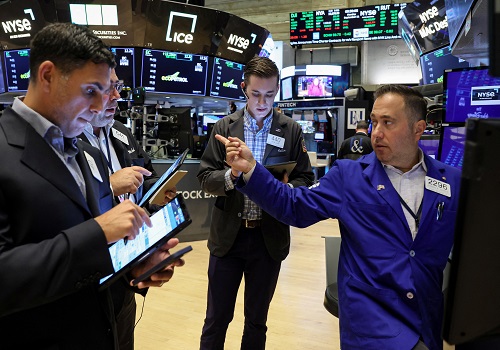
Follow us Now on Telegram ! Get daily 10 - 12 important updates on Business, Finance and Investment. Join our Telegram Channel
U.S. Treasury yields scaled a fresh 16-year peak on Tuesday, underpinning the dollar near a 10-month summit, as investors responded to the message from the Federal Reserve and other major central banks of rates staying elevated for longer.
Asia-Pacific stock benchmarks sagged along with gold, while crude oil continued to drift back from 10-month highs.
The yield on 10-year Treasury notes rose to 4.552%, a level not seen since October 2007.
The U.S. dollar index - which measures the currency against six major developed market peers, including the euro and yen - ticked up 0.05% to 106.00, after reaching 106.10 overnight for the first time since Nov. 30.
MSCI's broadest index of Asia-Pacific shares outside Japan declined 0.33%.
Tokyo's Nikkei lost 0.7% and South Korea's Kospi slid 1%, while Hong Kong's Hang Seng slipped 0.3%. Mainland Chinese blue chips opened flat.
U.S. stock futures pointed 0.3% lower, following a 0.4% rise for the S&P 500 overnight.
Traders now put the odds of another quarter-point Fed hike by January at a coin toss, and have pushed the likely start of rate cuts to summer.
Westpac strategists see risks skewed toward even higher yields in the near term, pulling up the dollar as well.
"We view the recalibration of the 2024 rate cut profile, with no cuts before mid-year, as far more realistic than it has been for some time," they wrote in a client note.
"We expect 10yr yields to establish a new, higher, yield range in coming weeks," with a possible peak around 4.75%, they said. "Medium term, we would be looking to get long at some stage, but that time is not yet upon us."
The next target for the dollar index is 107.20, they said.
Chicago Fed President Austan Goolsbee said on Monday that inflation staying entrenched above the central bank's 2% target remains a bigger risk than tight Fed policy slowing the economy more than needed.
The Fed surprised markets last week by suggesting more tightening may be in the pipeline, and projected high rates to stay in place for longer than investors had anticipated.
The European Central Bank and Bank of England have also touted higher rates for longer in policy meetings since the middle of the month.
The relative outperformance of the U.S. economy - with investors increasingly betting on a soft landing while growth in the euro zone and Britain stagnate - has buoyed the dollar against those currencies.
The euro sagged 0.05% to $1.05855, approaching the overnight low of $1.0575, a level last seen in mid-March.
Sterling slipped 0.05% to $1.22065, taking it back toward Monday's six-month low of $1.21945.
The dollar also held near an 11-month peak of 148.97 yen from overnight, raising the risk of intervention by Japanese authorities.
Gold was little changed at around $1,915, after slumping from above $1,947 over the past week. [GOL/]
Crude oil remained weak amid concerns that fuel demand will be crimped by major central banks holding interest rates higher for longer, even with supply expected to be tight. [O/R]
Brent crude futures were down 11 cents at $93.18 a barrel, and U.S. West Texas Intermediate crude futures were trading 1 cent lower at $89.67.

















